21 January 2023
It was ten years ago today that New Matilda published an article called “ANZ funds big coal boom”, describing ANZ’s recent coal deals and warning that the bank may well become involved in financing new coal mines and export projects in Australia.
That was Market Forces’ first offering to the world. At that time, Market Forces was just a name thrown on top of the idea that the environmental movement could do with something – a project, an organisation, whatever – that highlighted the role of finance in enabling activities that harmed the environment, and built pressure on financial institutions to change how they use our money.
If it didn’t turn out to be a good idea, no problem. I’d go and find something else to do. But it did turn out to be a good idea and within a few months we (being me and a couple of part-time volunteers) were campaigning on banks as well as fossil fuel subsidies where we even contributed to an early win – cutting $1 billion in federal tax that encouraged fossil fuel use.
We grew from there. In 2014 we added superannuation funds to the mix of our campaigns and a couple of years later were working on insurance and shareholder action as well.
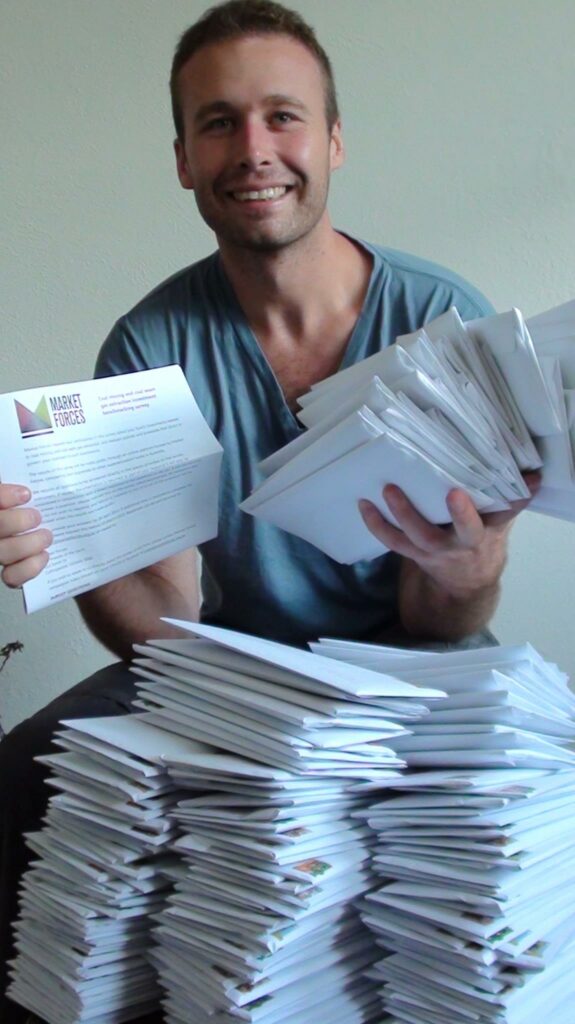
It was about then we started to get inquiries from organisations outside of Australia, wanting to know who was financing fossil fuels in their countries. We happily obliged and before we knew it we were working alongside and in support of groups in countries like Indonesia and Vietnam, where dozens of coal fired power plants were proposed at the time.
Our eyes were further opened to the dynamics of international energy finance, and how interwoven the interests were of companies pushing fossil fuels from places like Australia and those trying to build dirty polluting power in Asia.
With so much of the money coming from Korea and Japan, we collaborated with organisations in those countries to challenge the banks, investors and companies behind new fossil fuel projects that were threatening the climate, as well as local environments and communities.
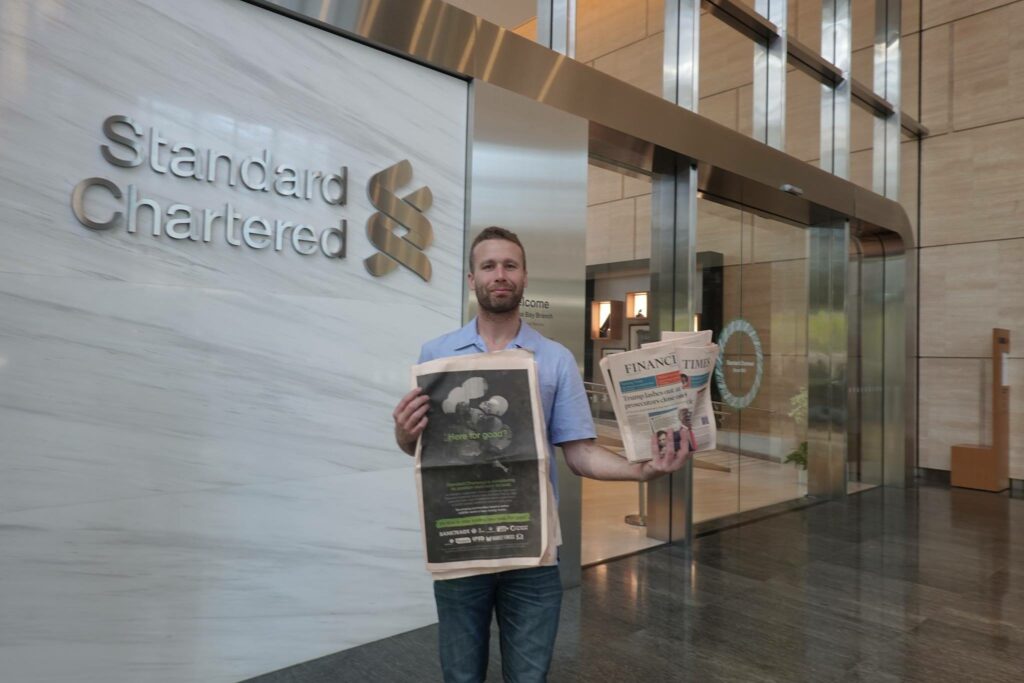
We now campaign on companies and financial institutions in Australia, Asia and beyond and, as part of a wider movement, can look back on some incredible success.
Whether it’s the fact hardly any of the proposed coal and gas export projects in Australia ten years ago actually went ahead, or how Australia’s major banks have all committed to be out of thermal coal by 2030, or how our general insurers have made the same commitment, the Australian context of today looks barely like that of what we knew a decade ago. I mean, how’s this for change: QBE’;s annual report in 2012 was a picture of trucks going into a mine, “made possible by QBE”. Fast forward five years and QBE can’t get out of coal fast enough.
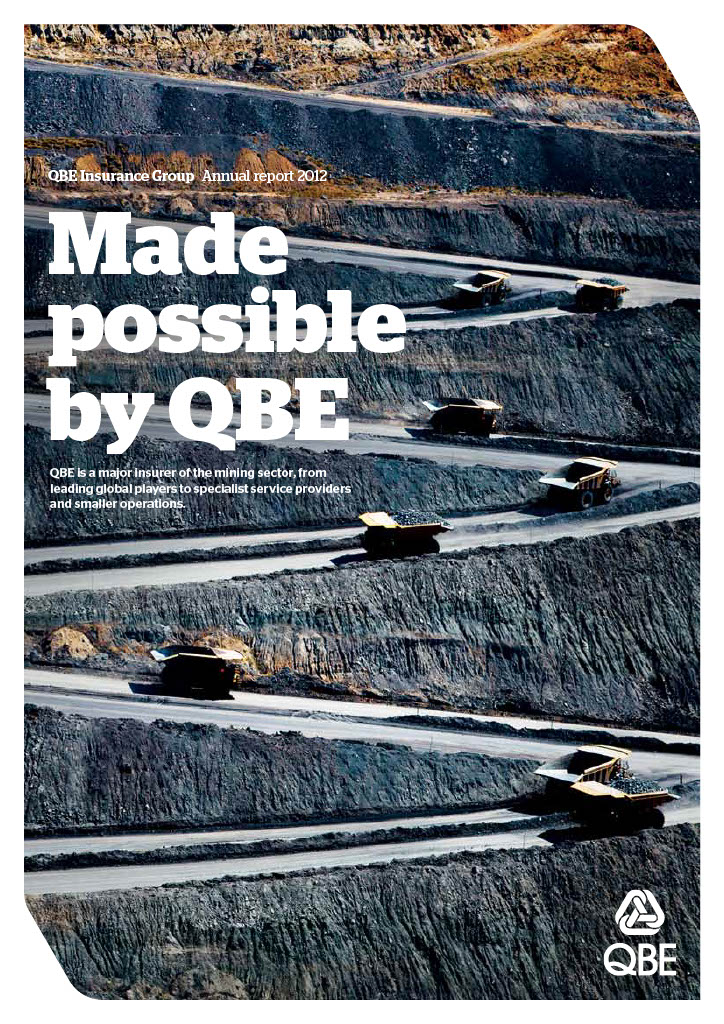
The Adani Carmichael mine, finally built at 1/6 of its intended scale after securing no external finance, and barely dribbling out coal, has been the catalyst for dozens of companies and financial institutions to make commitments against supporting new coal projects. Over 110 companies have made commitments to not support the Carmichael mine and many of them went further to rule out new coal projects altogether.
Outside of Australia, we’ve been part of plenty of wins as well. Helping to hold back the tide against new coal power plants in parts of Asia has seen the number of proposed power stations drop from about 500 Gigawatts just a few years ago to almost zero today. Most of those projects have simply been withdrawn as it has become harder to find finance for them and the ones that remain seem firmly in the queue to be cancelled.
We helped get banks in Japan, Singapore, Malaysia and China to rule out new coal projects, and were even there to stop the last proposed coal power plant in Bangladesh, the Matarbari 2 power plant.
We’re obviously still a long way from where we need to be but to finally be seeing the back of new coal projects is an important milestone and one we’re been proud to have done our part to achieve.
My own experience
Personally, it’s very hard to describe my experience of the last ten years. It’s been “a ride” – let’s put it that way.
At times it has felt like I’ve been strapped to a rocket, such has been the scale of growth in our size and success. At other times it has felt like trying to wade through waist-high mud to get anything done. We have a funny knack in advocacy work to take a challenging issue and somehow find ways to make it harder for ourselves. But it’s hard to complain about being in a situation where your work gives you meaning and a real joy to have been able to create the circumstances for myself and others to do that meaningful work.
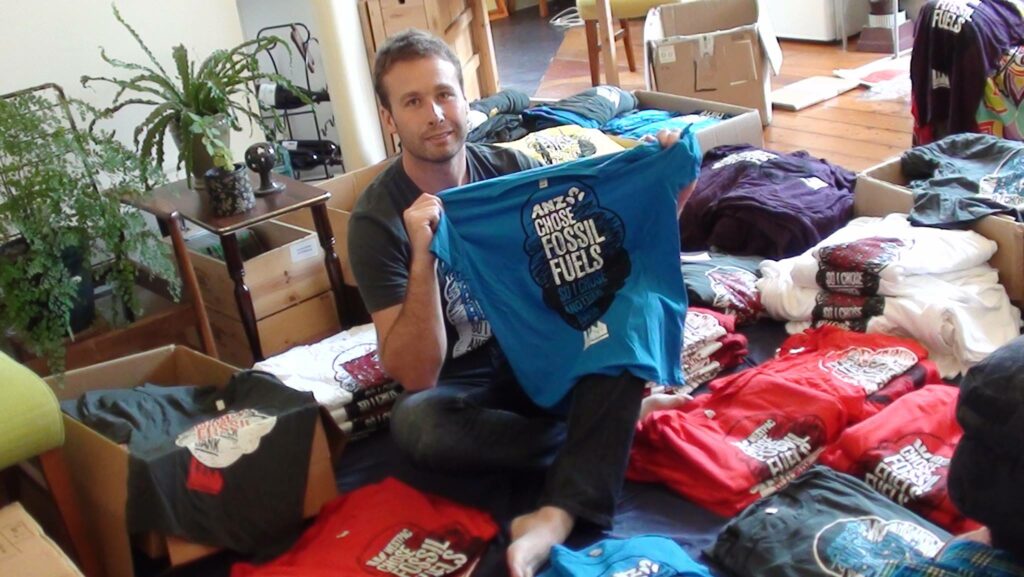
Beyond the work just being meaningful in its intentions is actually winning. There is nothing quite like winning – making a change happen in the world that wouldn’t have occurred without your intervention. This work has required a degree of sacrifice that I can’t even bear to calculate at this point, but it has all been in service of the wins and we have a lot to point for in terms of creating change. A very close second to winning is seeing people develop as strategic and incisive campaigners, so the climate can have more elite advocates working on its side. These really are the rewards of this kind of enterprise.
Having an organisation grow and develop around you can also offer quite a few humbling and amazing experiences. Publishing our first report and seeing the first fifty people join our email list was thrilling. I can’t forget seeing the number go past the fifty mark and the sense of gratitude that fifty people would support something I was trying to accomplish. Oh, and don’t worry. We have many more than 50 people on our list now.
I remember the first time I saw another person explain what Market Forces was to a group of volunteers and how wonderful it was that this had become something that truly existed beyond me. That same feeling was present when I overheard two volunteers arguing (in a friendly way) about the best way to present some content on our website. They were invested in this project as I was.
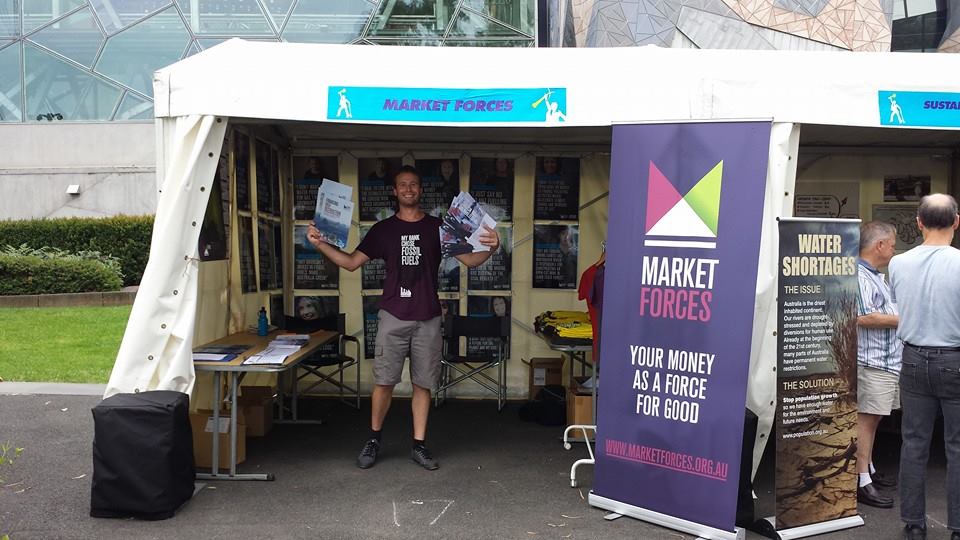
Festival, 2014.
The first time I overheard a conversation between two teammates completely in another language was incredible. Still, when we produce reports, briefings and website pages in other languages I can get a kind of out of body experience, or feel like I’ve wandered into another dimension where Market Forces works in Korean or Bangla.
I’ve been on the receiving end of some pretty significant personal recognition – the Goldman Environmental Prize being the standout. But I want to find a way to respectfully put that kind of high praise, itself incredibly humbling, alongside those small moments that aren‘t as grandiose but still evoked the same feeling. These little moments are all steps along the way to the bigger things.
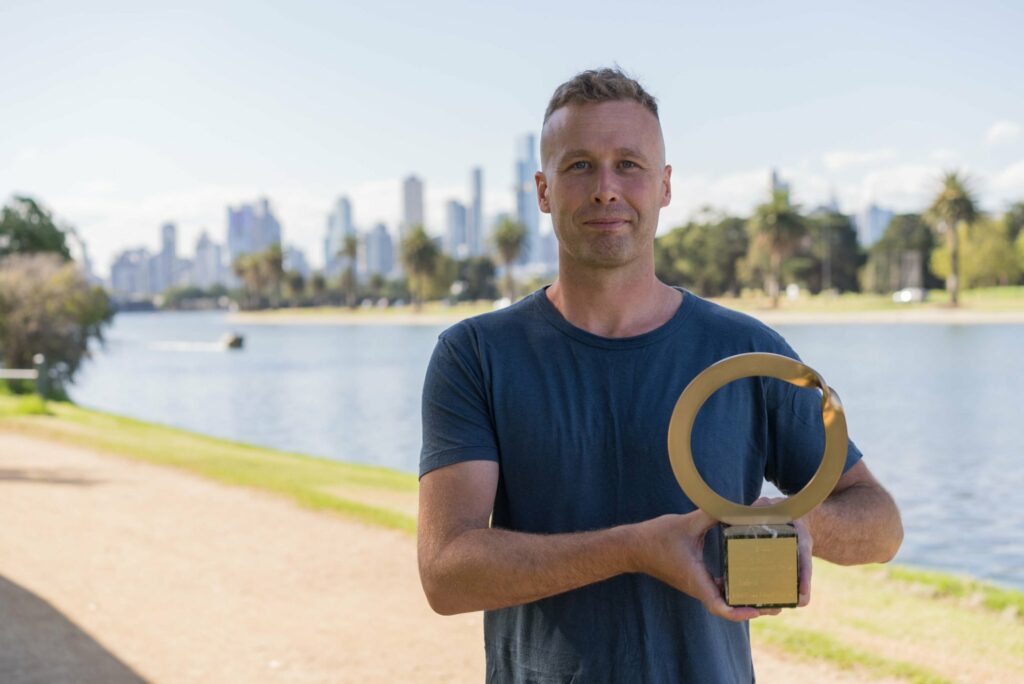
I’ve also done some really weird, unusual and sometimes quite stupid things over the years. I’ve tried and failed several times to give Adani an award for having the second-most unburnable coal in the world. The first time I walked into Adani House in Delhi and didn’t think I’d ever get out once they realised who I was. The second time I got within a metre of him but couldn’t get the award into his hand.
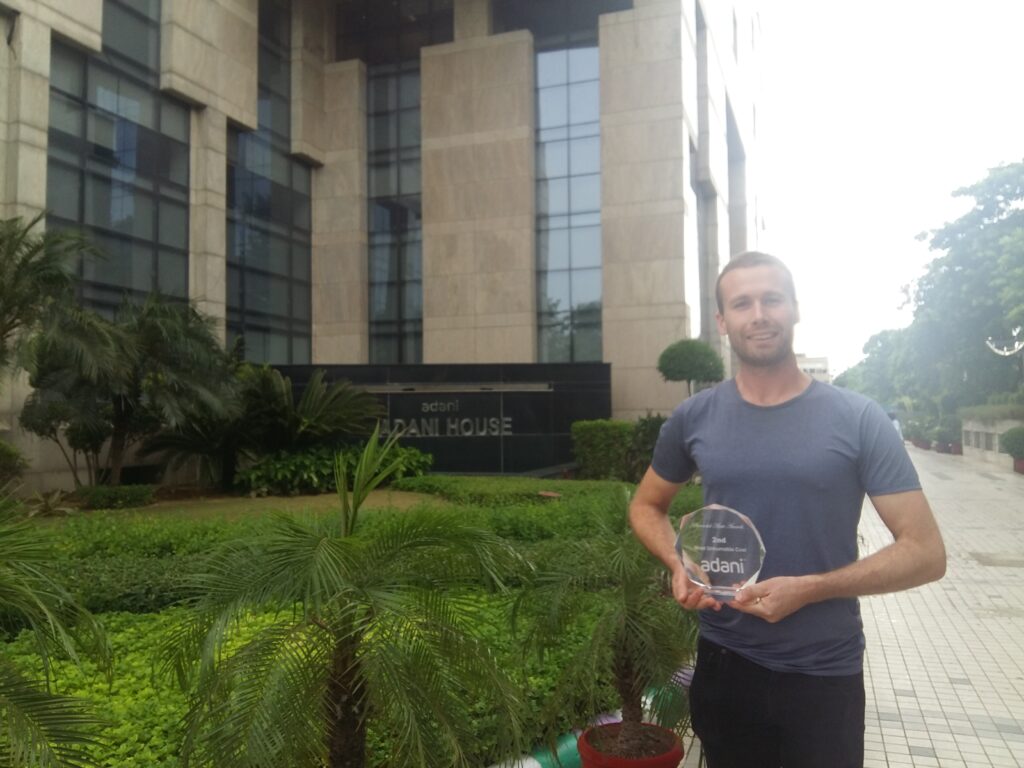
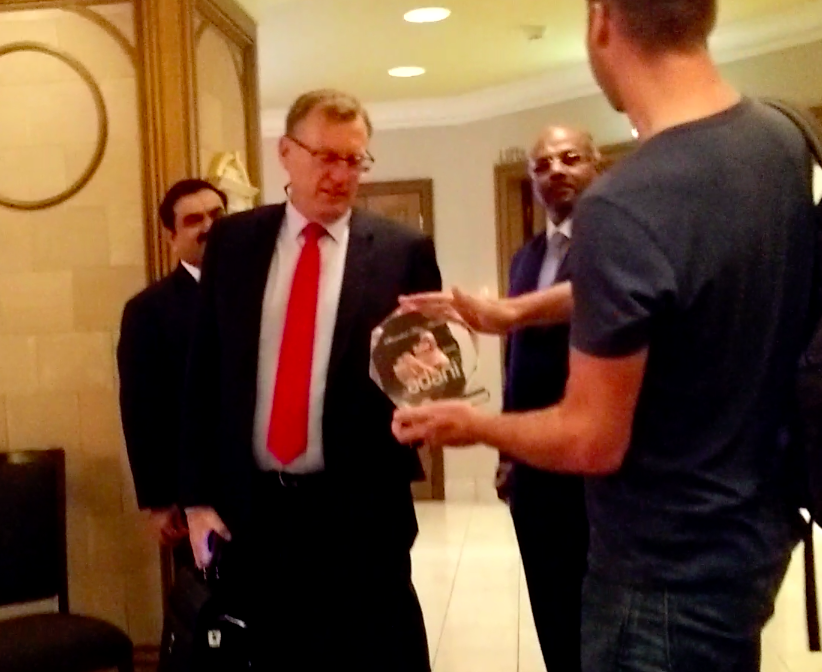
I’ve been dined on the island of Sentosa in Singapore, exactly the same place where Donald Trump and Kim Jong-un met the week before. I’ve sprinted on my bike into the office to file a shareholder resolution with five minutes to spare before the deadline. I’ve stood up at a shareholder meeting in Japan and read out a statement in Japanese (I don’t speak Japanese). I once went on a trip to Korea with Wangan and Jagalingou Traditional Owners to convince investors there to not finance Adani’s Carmichael mine and by the time we arrived three of our five targets had done what we’d wanted, the other two giving us what we wanted the next day. So we got on the soju. Once, I cycled for about an hour on a cold morning to intercept a representative of Vision Super, who had been following our activists all over the city as they flyered Vision Super members. We diverted the members to another location but I decided to go out and suggest he finds something better to do with his time than follow volunteers around.
Before I move on to what this post is supposed to be about, here are five personal highlights from the last ten years:
- Walking into the HSBC AGM in London on one hours’ sleep having just got arrived from the Deutsche Bank AGM the day before in Frankfurt. Deutsche became the first bank to rule out financing the expansion of Adani’s Abbot Point coal export terminal and I was able to get HSBC to make the same commitment on the spot.
- Being present as NAB told Wangan and Jagalingou Traditional Owner Adrian Burragubba it would be the first Australian bank to rule out financing the Adani Carmichael mine.
- Watching on as about 25 people stood outside of ANZ wearing t-shirts that said “ANZ chose fossil fuels so I chose another bank”, kicking off our bank divestment days.
- Reading over Commonwealth Bank’s policy in 2019 and realising it would be phasing out its coal exposure by 2030 – something actually aligned with the Paris Agreement!
- Getting the news that the Matarbari 2 coal power plant would be cancelled. We’d worked on so many proposed coal power plants in Asia and had become better and better at delaying them but still hadn’t managed to take one off the table. This was an incredibly sweet victory.
OK, time to thank some people.
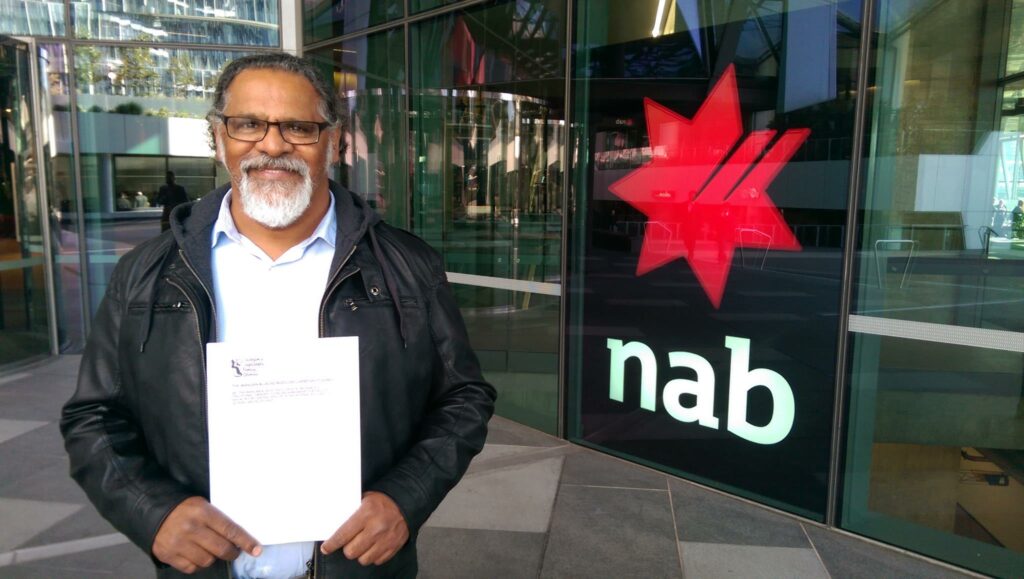
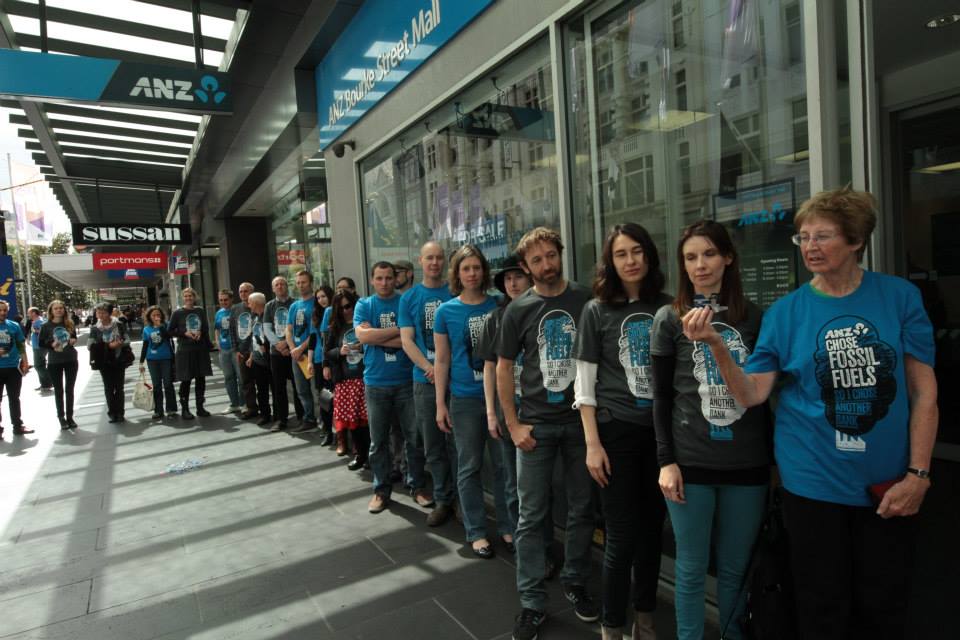
Giving thanks
There are a lot of people to thank for Market Forces getting to where it is now. I want to start with those who supported Market Forces in those most early and fragile days.
To Friends of the Earth Australia, which took on board the idea of Market Forces, gave it a place to thrive and succeed, and helped out with several of the early actions we did, thank you.
To those people who volunteered their time to work with what was otherwise just a guy working from a second-hand computer in a spare room, Sam, Govind, Elizabeth and Jarren in particular, thank you.
To 350 Australia, which Market Forces was able to partner with in those early few years on so many events and campaigns, thank you.
To the funders who came in early and allowed a hobby and a pursuit to become something I and others could do while keeping ourselves clothed, housed and fed, thank you.
And to all those who supported our campaigns in the early days, whether it was taking action online, joining our mailing list, sharing our material on social media or coming to an in-person activity like our early divestment days, thank you.
The thanks continue but it’s important to emphasise how critical those early stages of an organisation are to its development and success, and these were the vital ingredients that meant Market Forces would continue beyond its first year.
Broadening it out, there are so many people to thank that I’ll have to be broad and generic most of the time.
Thank you first to all the people who support the campaigns. Without this there is no organisation. Your emails, calls, social media posts, participation at protests and other public events, and all the other ways people have taken part has been the lifeblood of our campaigns. All those efforts, even the ones that feel really small at times like sending an email to a company, add up to the success you see in our history. Without it, we’re nothing but a group of smart people with great ideas we can’t execute.
Thanks next to the team. To all those working with Market Forces now and those who have worked with us in the past, it has been incredible to have so many talented, passionate and caring people to work with throughout the years. Anyone who has worked with Market Forces knows that one of our secret ingredients is the team, so thanks to everyone who has been part of that team. And look at you now. You’re huge!
Spanning across the last two groups, thanks also to our volunteers. Time is the most precious thing any of us have and to donate it to a cause is a massive vote of confidence in that cause, as well as a clear signal of what matters to you. We have now and have had over the years many casual and long-term volunteers and a massive thanks go out to all of them for being that capacity boost to the team. That extends to the members of our board, who volunteer their time and effort to protect Market Forces and offer their scrutiny and advice to keep the organisation well governed.
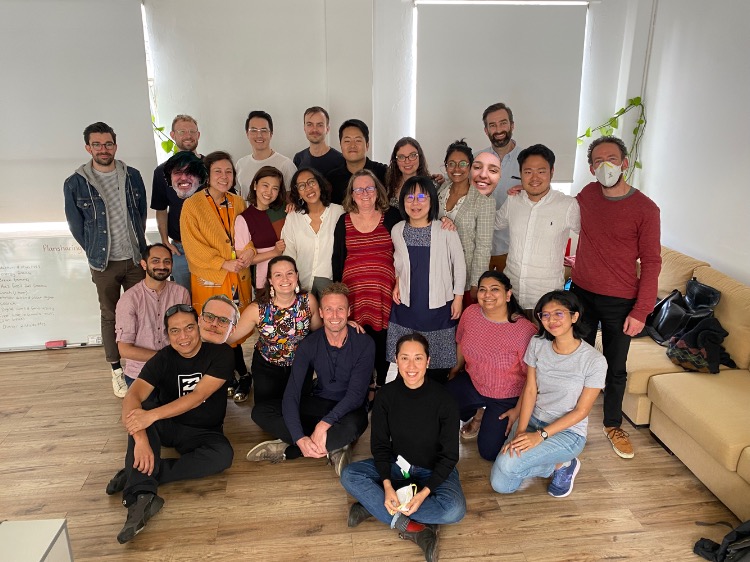
Thanks to everyone who has funded us, whether it’s a big philanthropic institution, a monthly donor, a contributor to a crowdfunder or however else. We aren’t selling anything here – just ideas and plans to change the world for the better and people invest in us with their donations so that we’ll deliver powerful and successful campaigns. We can’t deliver those plans or support a team to do this full time without your help so thank you for making that possible.
Thanks to all those people who work within the companies and industries that are the subject of our campaigns and who have supported the goals of our work. Our enemy is and has always been pollution and we know how so many people who just happen to work at big banks or other companies want to see the changes we do as well.
Thanks to our partner organisations. We’ve worked with so many in Australia and around the world. This is a movement and it’s extremely rare that anyone wins anything alone. In fact, part of the joy of winning is winning together with others. There is a multiplicity of groups out there in different places, of different sizes, with different philosophies and different strategies. Its what makes movements so powerful. Market Forces is lucky to be part of these movements and we want to thank all those groups we’ve been able to collaborate with and work alongside over the years.
On a very different note, thanks to the people who send us hate mail. Honestly, it’s hilarious and we like to save these emails so we can read them to one another at team events.
On the subject of haters, thanks to the previous government in Australia. While it was horrendous in terms of policy and I’m sure the climate would have been much better off with a government that clearly took climate change seriously over the last decade, choosing to come after Market Forces was one of the best publicity boosts we ever had. This was following years of clear ideological capture by the government’s most radical pro-coal and gas proponents that actually made it easier at times to campaign on financial institutions that didn’t want to be seen as so ideologically captured.
Back to the good folks and a special mention goes to the shareholders and their representatives. They’re supporters and volunteers as well but should be singled out here. We’ve filed something like 50 shareholder resolutions in Australia alone and its bloody hard work. The shareholders who every year want to use their power to shift corporate action, and the people who stand in those shareholders’ stead at annual general meetings, holding directors accountable for the impacts of their companies’ actions, deserve a lot of gratitude and appreciation.
Finally, and especially, I want to thank my family for their support and moreover their patience, which has been provided in spades, buckets, wheelbarrows and flatbed trailers. This could be as much an apology as it is a thank you but the least I can do for all the patience you’ve provided over the years as Market Forces has claimed personal territory that belongs to you is to say thanks. It wouldn’t at all surprise me if the family of other members of the Market Forces team deserved this as well so, to the extent that is warranted for other family members, thank you.
To everyone who has helped keep alive the chances we have of preserving a livable climate for this and future generations, thank you for the last ten years and let’s make the next ten the decade of dirty fossil fuels being driven out of our economy and society. We all deserve so much better.
